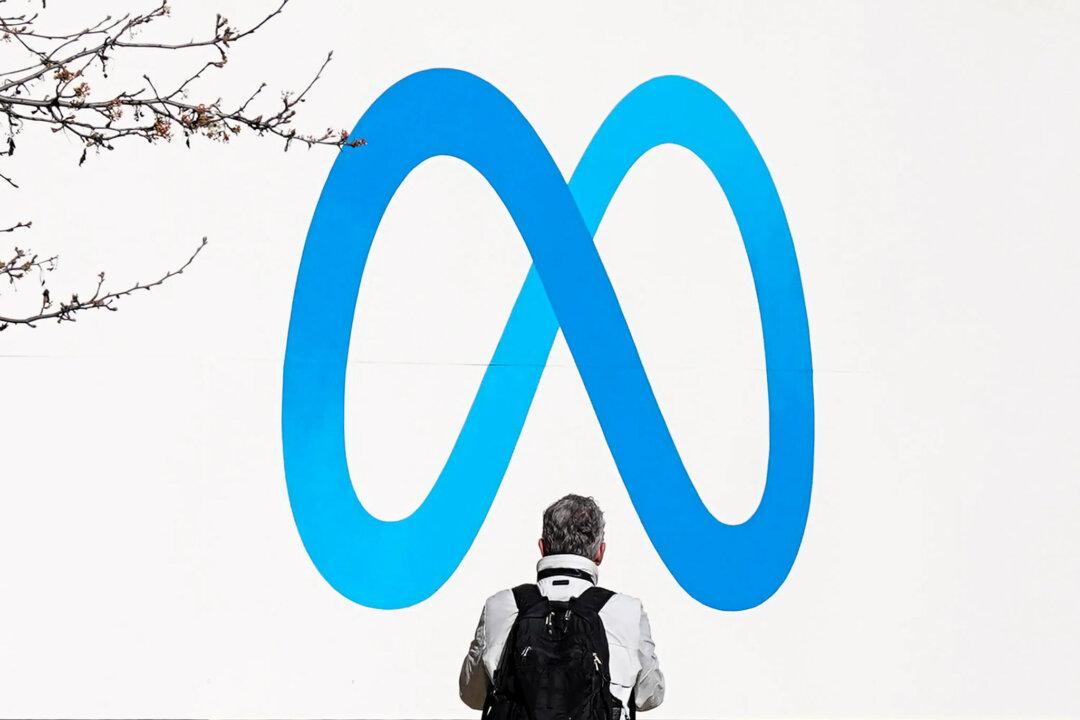The European Union and the United Kingdom have ruled out the use of Big Tech regulation—seen by the Trump administration as a threat to free speech and U.S. innovation—as a bargaining chip in potential trade and tariff negotiations.
Meanwhile, some analysts are convinced the continent’s internet controls and anti-competitive laws remain in play, as trading partners and nations scramble to strike deals during the 90-day tariff pause announced on April 9.





